Description
Lithium-ion batteries for car starting are becoming more common, especially in high-performance or electric vehicles (EVs), but they are still relatively rare in traditional internal combustion engine (ICE) cars. However, as technology advances, there are more reasons to consider lithium-ion (Li-ion) for car starting, and they’re starting to see use in certain applications.
Advantages of Lithium-ion Car Start Batteries
- Lightweight:
Lithium-ion batteries are much lighter than traditional lead-acid batteries, which can be a significant benefit in vehicles, particularly for performance cars or sports cars where weight reduction is a priority. This reduction in weight can improve fuel efficiency and handling. - More Power for Size:
Li-ion batteries have a higher energy density than lead-acid batteries, meaning they can store more energy in a smaller and lighter package. This is useful for starting engines, especially in high-performance cars where a small, compact battery with high power output is important. - Longer Lifespan:
Lithium-ion batteries typically last 2-3 times longer than lead-acid batteries. They can last 8-10 years or more, compared to the typical 3-5 years for a lead-acid battery. This can mean fewer replacements and lower long-term costs for the vehicle owner. - Faster Charging:
Li-ion batteries charge faster than traditional lead-acid batteries, which could be beneficial in a car where you want the battery to recharge quickly, especially in hybrid or electric vehicles. - Better Efficiency:
Lithium-ion batteries have higher efficiency, meaning less energy is lost in the process of charging and discharging. This means that more of the battery’s stored energy is usable. - Maintenance-Free:
Unlike lead-acid batteries, which require maintenance (such as topping off electrolyte levels and cleaning terminals), lithium-ion batteries are generally maintenance-free, which is convenient for vehicle owners. - Lower Self-Discharge Rate:
Lithium-ion batteries have a very low self-discharge rate compared to lead-acid batteries. This means they will hold their charge longer when not in use, which can be particularly useful for cars that are stored for periods of time. - Temperature Performance:
While lithium-ion batteries still have temperature limits, they tend to perform better in a wider range of temperatures than lead-acid batteries, especially in extreme cold conditions where lead-acid can struggle to deliver the necessary power for starting.
Challenges & Considerations
- Cost:
Lithium-ion batteries tend to be significantly more expensive than traditional lead-acid batteries. While the cost is often offset by the longer lifespan and other benefits, the upfront investment is higher, which may not make sense for all car owners, especially for daily drivers or older vehicles. - Compatibility:
Not all car electrical systems are designed for lithium-ion batteries. A standard vehicle charging system is typically optimized for lead-acid batteries, which means if you’re swapping out a lead-acid battery for a lithium-ion, you’ll need to ensure that the charging system is compatible. In some cases, you may need a special battery management system (BMS) to regulate charging and discharging safely. - Temperature Sensitivity:
While lithium-ion batteries perform better in cold conditions than lead-acid, they can still be affected by extremely hot conditions (over 40°C/104°F). In high-temperature environments, they might require cooling systems or thermal management to prevent degradation. - Safety Concerns:
While lithium-ion batteries are generally safe, they require careful management to avoid overcharging, deep discharging, or overheating, which could cause the battery to fail, catch fire, or even explode. A high-quality Battery Management System (BMS) is essential for safety. Some systems are equipped with thermal management to prevent overheating. - Charging Infrastructure:
If you’re replacing your car’s starting battery with a lithium-ion, you may need a different charger or charging setup. For electric vehicles, this is not a problem, but for traditional ICE vehicles, ensuring the vehicle’s charging system is compatible with Li-ion might require some upgrades. - Recycling and Disposal:
While lithium-ion batteries are generally more eco-friendly than lead-acid batteries, they still need to be properly recycled to prevent environmental damage. Lithium-ion batteries contain materials that require special handling and recycling processes.
Applications of Lithium-ion Batteries in Cars
- Electric Vehicles (EVs):
In electric vehicles, lithium-ion batteries are used to power the vehicle itself, providing the energy needed for propulsion. These vehicles rely entirely on lithium-ion batteries for their operation, making it the best fit for their design. - Hybrid Vehicles:
Many hybrid vehicles use lithium-ion batteries, either as the main power source or as a supplemental energy source to support the internal combustion engine. These batteries are typically used for driving at low speeds and for energy regeneration during braking. - High-Performance Sports Cars:
High-performance or luxury vehicles may use lithium-ion batteries for starting and auxiliary power systems. The lightweight and high-power characteristics of lithium-ion batteries are attractive for sports cars, where performance and weight reduction are crucial. - Start-Stop Systems:
Some newer vehicles equipped with start-stop systems may use lithium-ion batteries as part of the system. The start-stop system turns off the engine when the vehicle is stationary (e.g., at a red light) and restarts it when the driver is ready to move again, saving fuel and reducing emissions. Li-ion batteries can support these frequent starts more efficiently than lead-acid batteries.
Popular Lithium-ion Batteries for Cars
Some companies now offer lithium-ion alternatives for car starting batteries, though they are still relatively niche:
- Antigravity Batteries: Known for lightweight and high-power lithium-ion batteries, including those for automotive applications.
- Shorai: Primarily known for motorcycle batteries, but they also offer lithium-ion batteries for other vehicles.
- A123 Systems: Specializes in high-performance lithium-ion batteries, including applications for automotive use.
- Kinetik: Known for automotive lithium-ion batteries, especially for performance vehicles.
Final Thoughts
Lithium-ion batteries are a great option for vehicles, particularly in specific applications like electric or hybrid vehicles, high-performance cars, or vehicles with start-stop technology. While they come with a higher price tag, the long lifespan, reduced weight, and better overall performance could make them worth the investment in the right context.
If you’re considering replacing your car’s starting battery with a lithium-ion one, make sure your car’s electrical system is compatible, and understand that you might need to invest in a battery management system for safe operation.
Are you considering a lithium-ion upgrade for your car, or are you more interested in how they’re used in certain vehicle types?


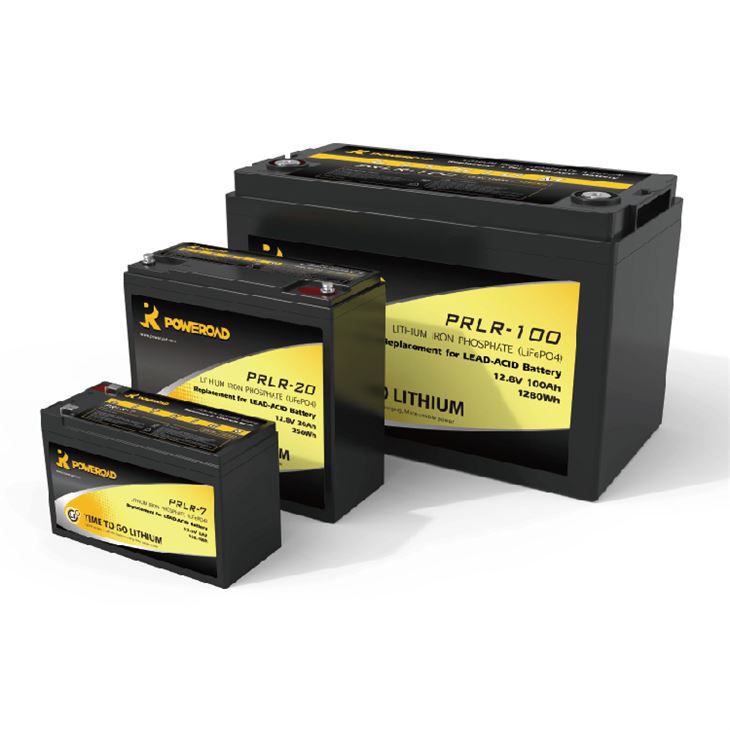

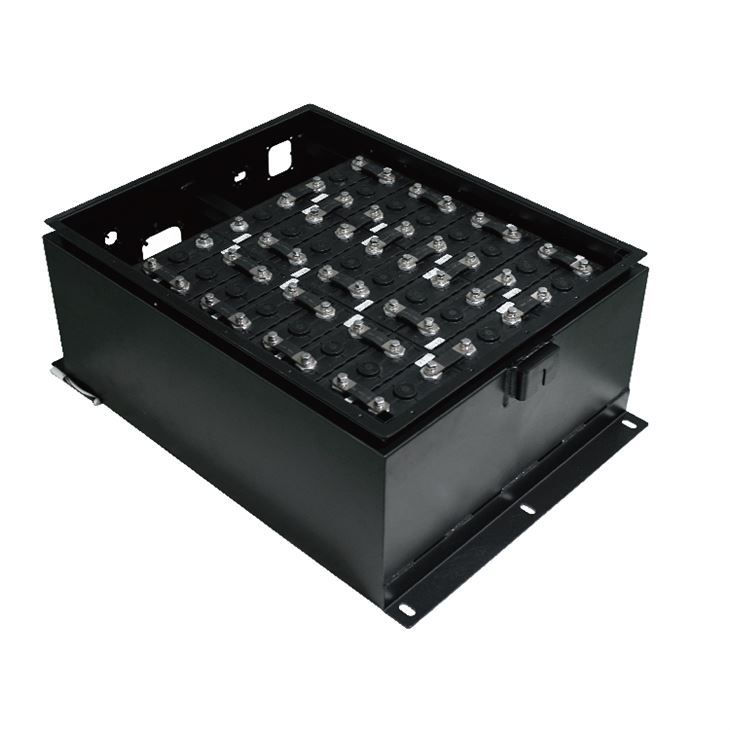
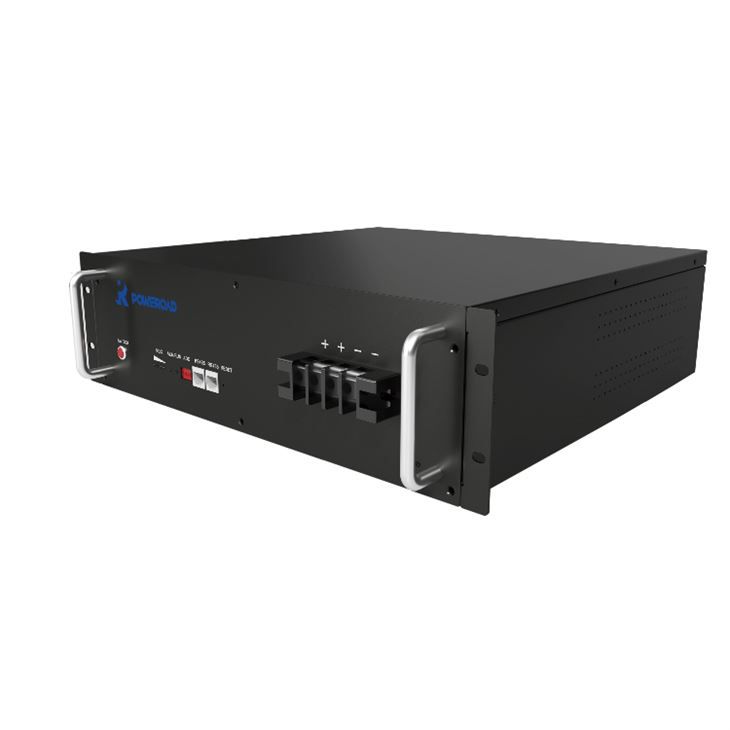
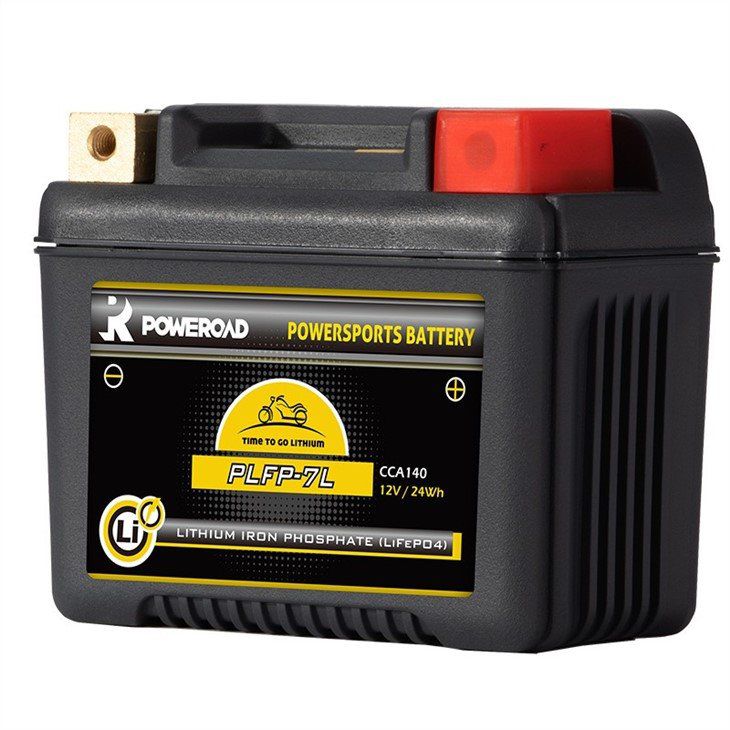
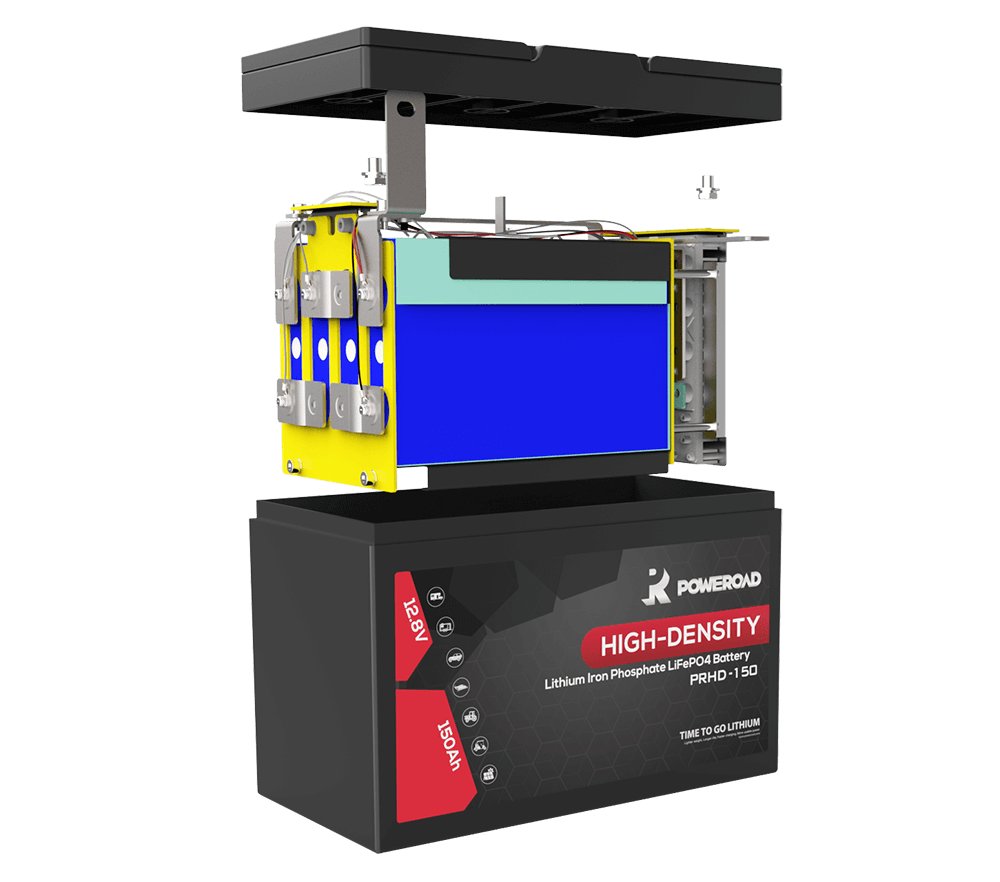
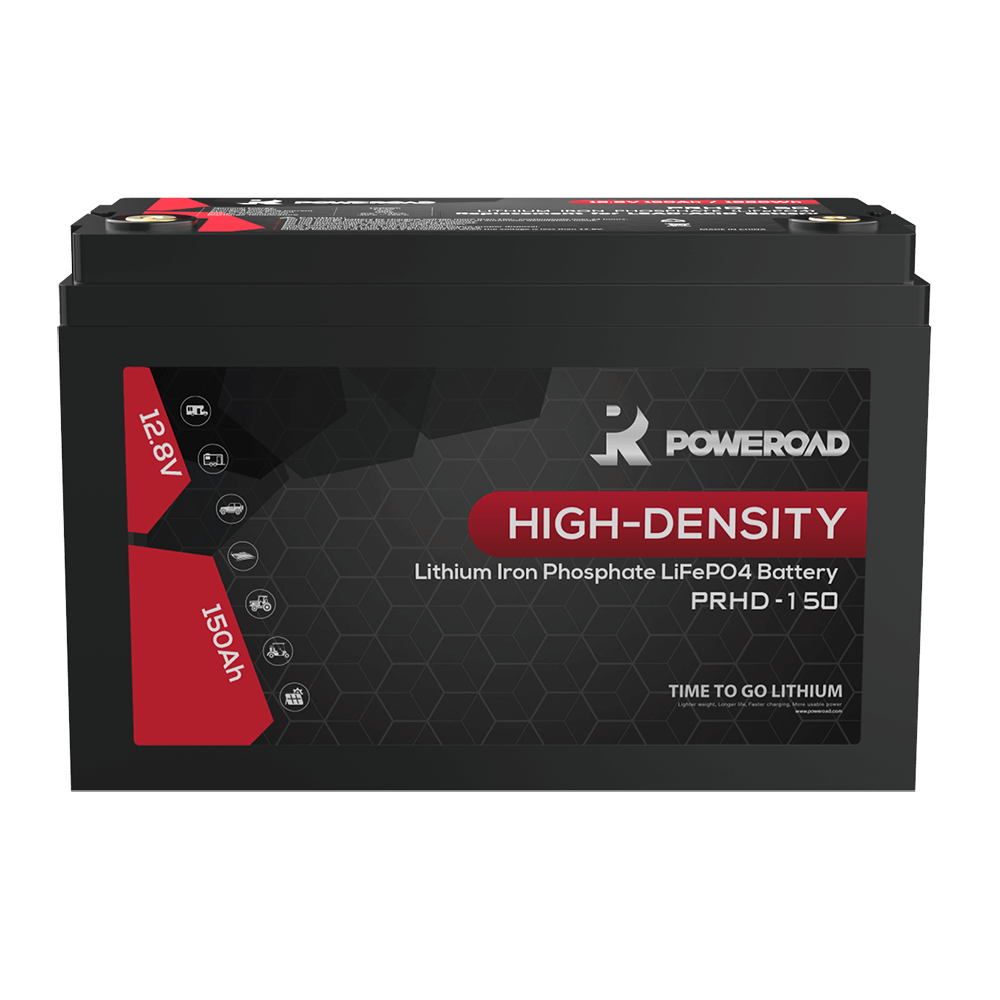




Reviews
There are no reviews yet.